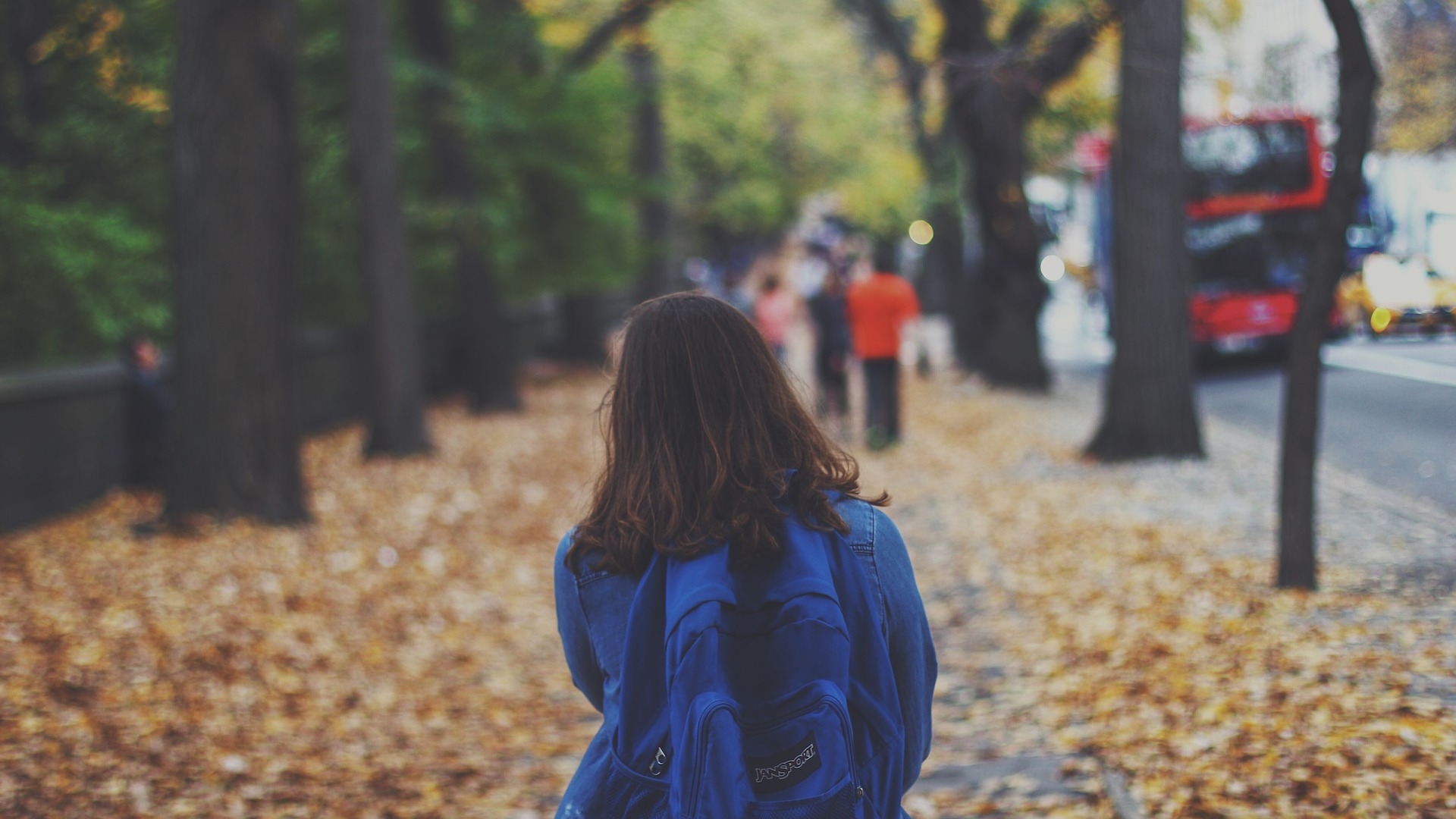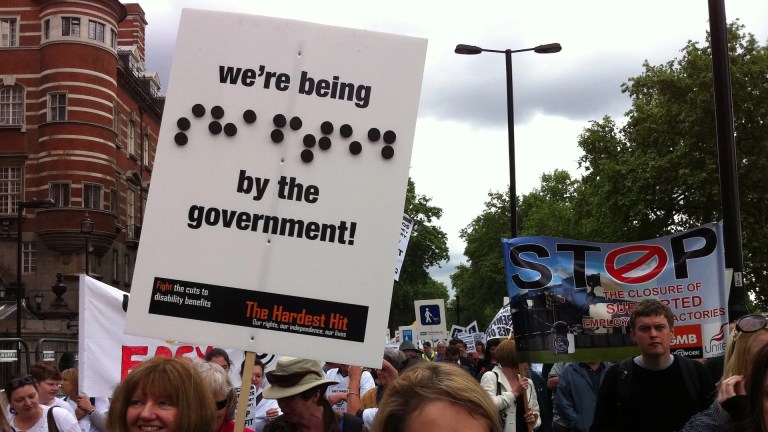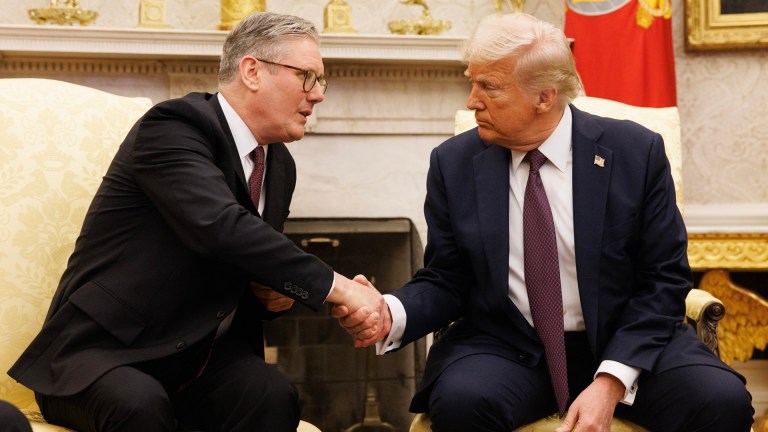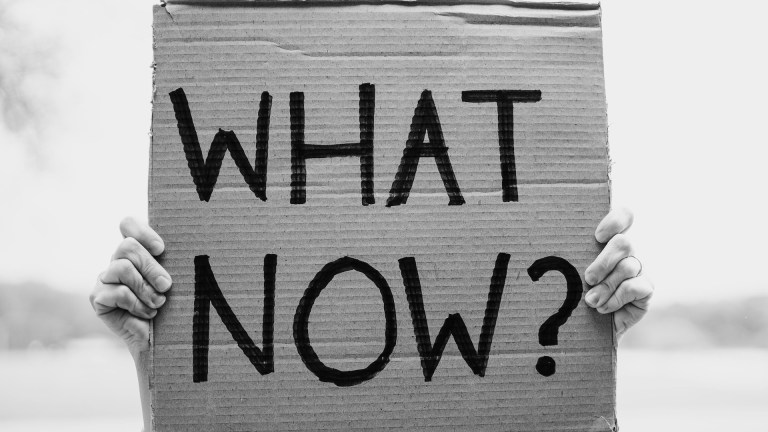A government spokesperson said “a typical school will see an increase in its pupil premium allocations this year compared to last”, but critics claim this will fall far short of meeting the demand.
Kate Green, Labour’s shadow education secretary, called the changes a “stealth cut” when they were reported in March.
“It was clear from the outset that school budgets would be negatively impacted because the pandemic has particularly badly affected disadvantaged families and has meant the number of children qualifying for pupil premium has grown significantly,” said Barton.
“Excluding those who qualified for funding between October 2020 and January 2021 has left schools counting the cost.
Demand for free school meals soared in lockdown, with Government figures showing nearly 302,400 more kids qualified for free food between March 2020 and this year.
Nearly 20 per cent of England’s state school pupils – 1.63 million out of 8.2 million in total – now receive free school meals.
Advertising helps fund Big Issue’s mission to end poverty
Barton added: “The government is very keen to promote its levelling up and education recovery agendas and one way it can easily demonstrate its commitment is by ensuring schools are recompensed for the pupil-premium funding they have been so cruelly denied.”
The LGA analysis showed moving the calculation date would mean a gap of around £93m in from primary school budgets and £25m from secondary schools.
A Department for Education (DfE) spokesperson said pupil premium funding is expected to “increase more than £2.5bn next year,” and per-pupil rates are “unchanged” for 2021. “A typical school will see an increase in its pupil premium allocations this year compared to last”, they said.
The spokesperson added: “We have provided a £14 billion increase in school funding over three years – the biggest uplift in a decade – and school leaders can target our ambitious recovery funding, worth £1.7 billion, towards supporting disadvantaged pupils.”
Two-thirds (62 per cent) of schools told the National Association of Head Teachers they had at least five pupils who newly qualified for pupil between October and January but who will now miss out on the support.
The LGA figures are based on survey responses from 72 of 151 local authorities, then adjusted using Department for Education figures showing the number of pupils receiving free school meals.
Advertising helps fund Big Issue’s mission to end poverty
“Councils and schools want to work with the Government on education recovery and share concerns about the needs of disadvantaged children who have been disproportionately impacted by the pandemic,” said Councillor Teresa Heritage, vice chairman of the LGA’s Children and Young People Board.
“There will be many schools with children who will have become eligible for Pupil Premium between October and January who will now not qualify for this extra funding for a whole year.
“Pupil Premium is vital to support the Government’s levelling up agenda and education recovery plans. It is imperative that the Government ensures that no school loses out in receiving this vital funding this year and that no child is left behind.”










